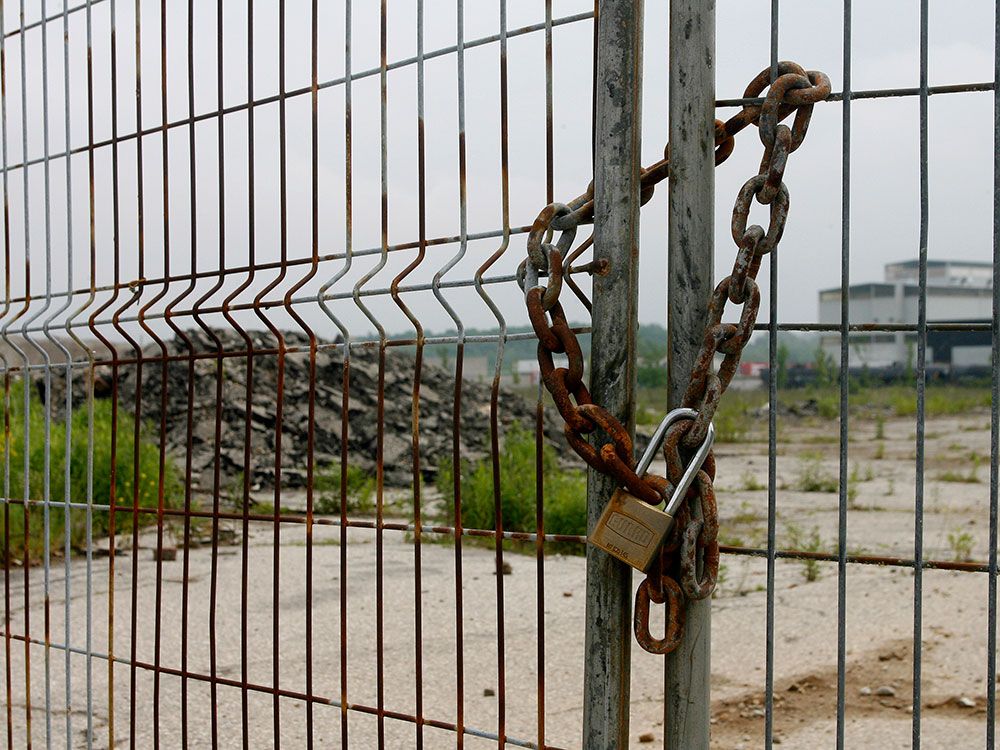Canada’s car industry would vanish in a decade without government aid, says expert

Article content
The automotive industry is in the midst of the largest transition in its history as global carmakers pour tens of billions of dollars into electric vehicle technology, zero-collision technology and autonomous driving technology.
Article content
This week on Down to Business, Peter Frise, a professor of mechanical, automotive and materials engineering at the University of Windsor, explains how this is likely to change consumers’ relationship to vehicles.
Frise praised Canada’s federal and provincial governments for putting up money to entice auto and battery makers to build new plants here, which he contends will anchor the industry and create jobs for decades to come.
But he acknowledged that there will be a cascade of impacts up and down the supply chain, from parts manufacturers to assembly.
Listen on Apple Podcasts, Spotify, Stitcher and YouTube where you can also subscribe to get new episodes every Wednesday morning.
If you have any questions about the show, or if there are topics you want us to tackle, email us: [email protected].
• Email: [email protected] | Twitter: GabeFriedz
-

The new oil? How demand for copper could reshape the world
-

How high a price will Canadians have to pay to tame inflation?
-

Lessons from the Port of Vancouver’s annus horribilis — and why every Canadian should care







